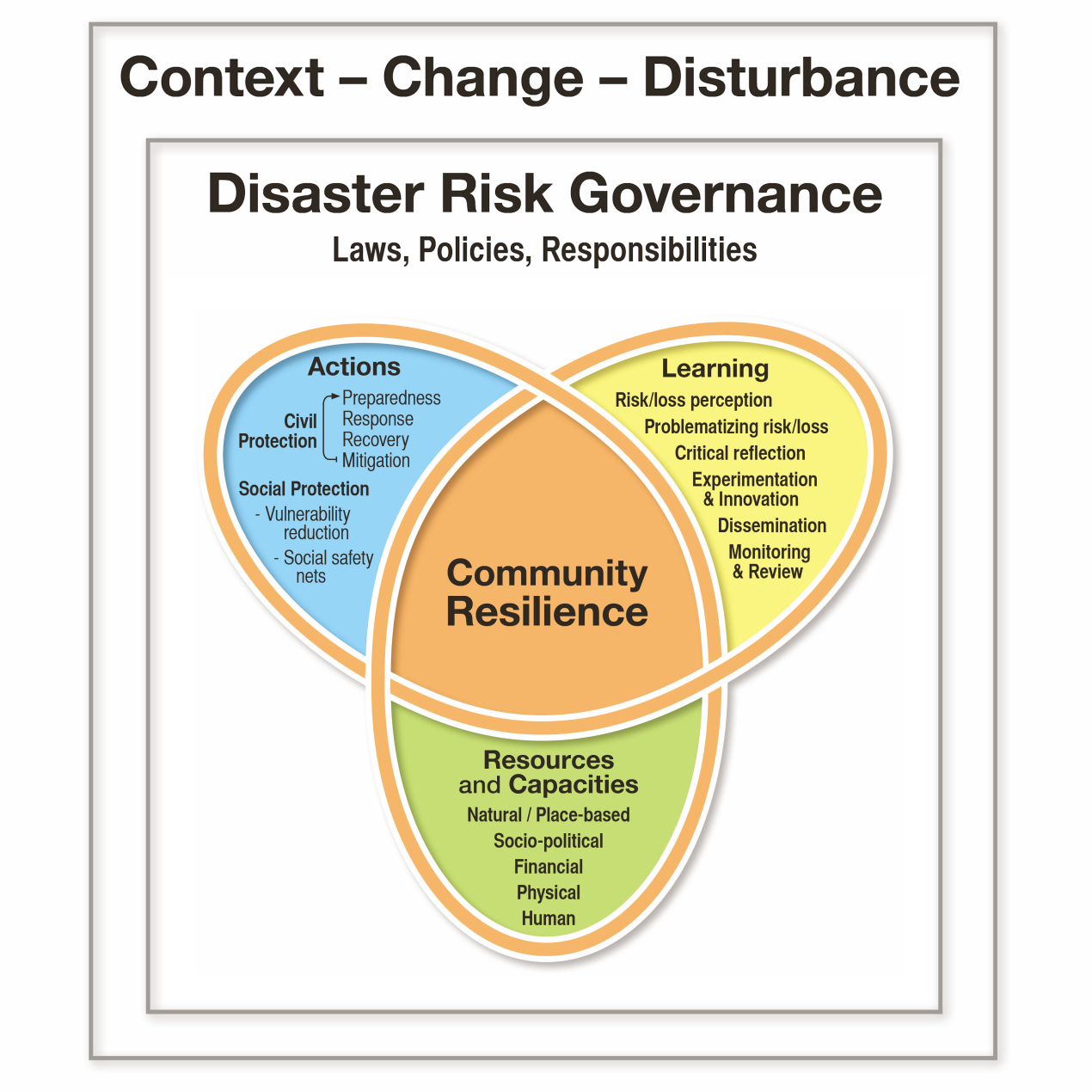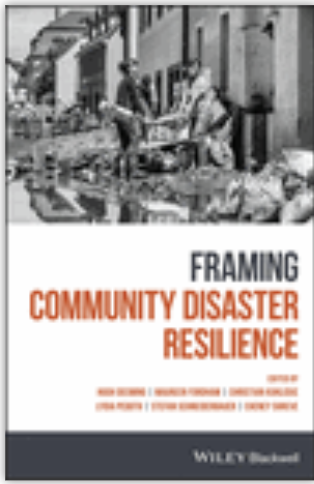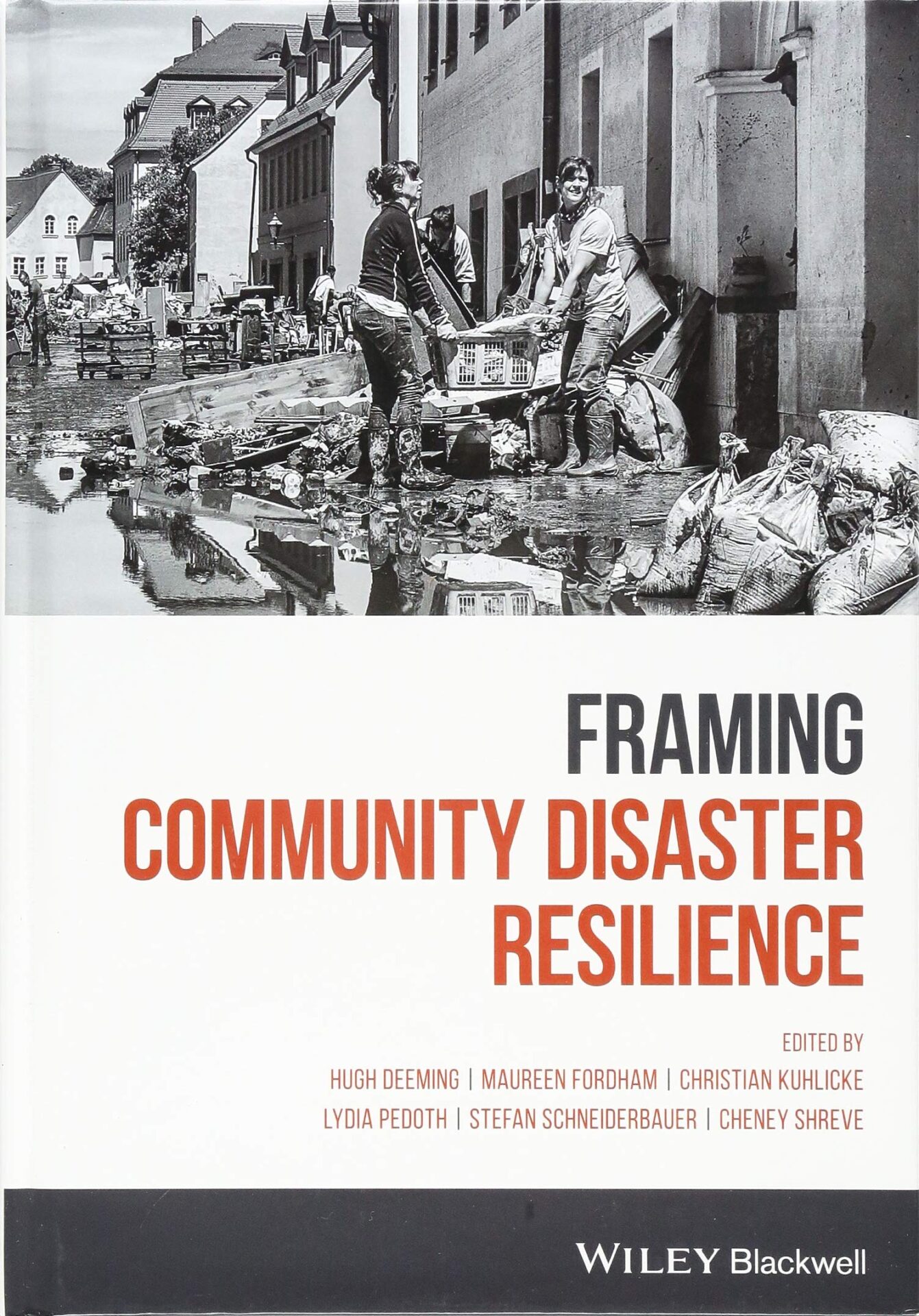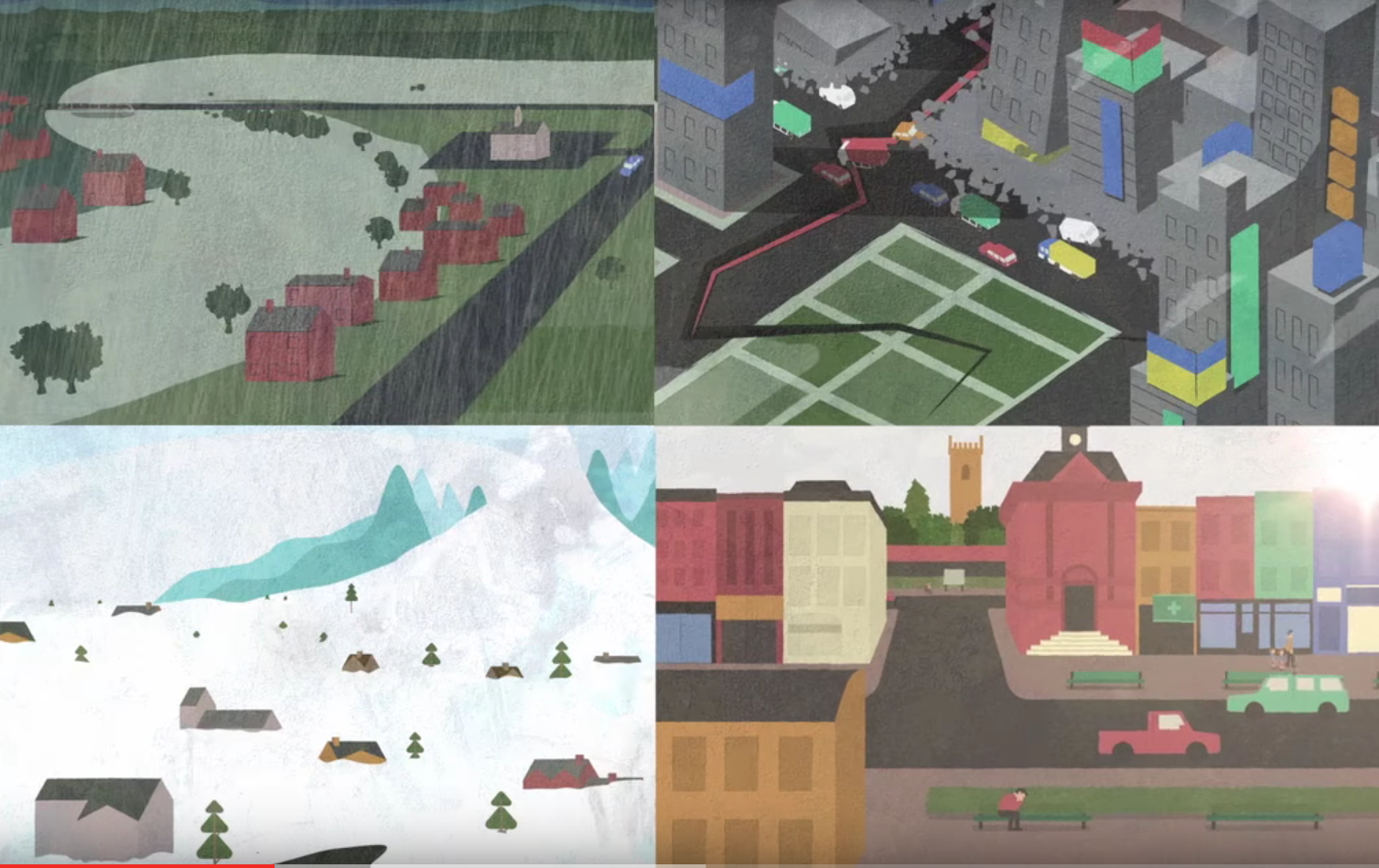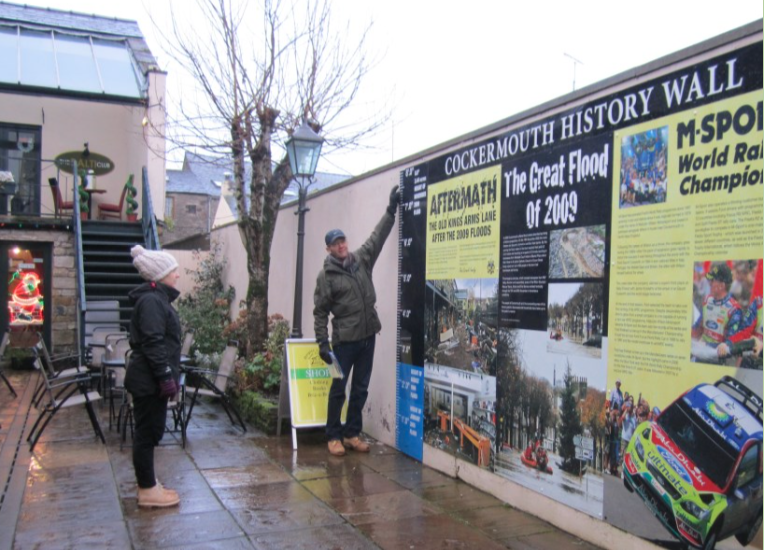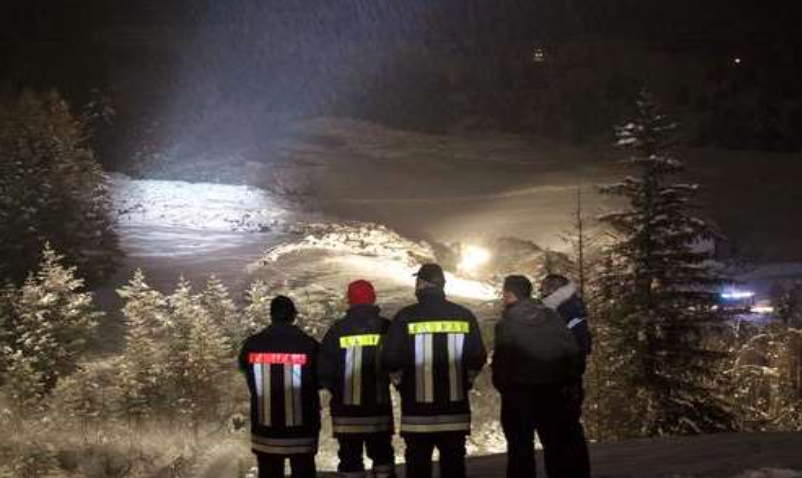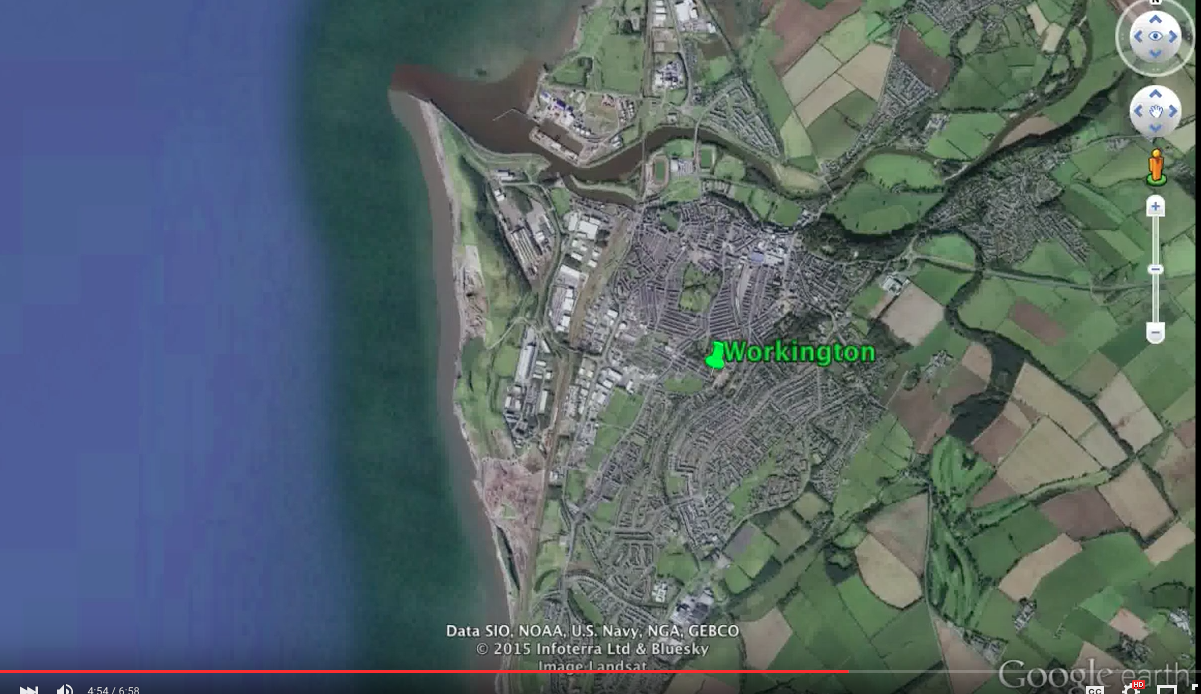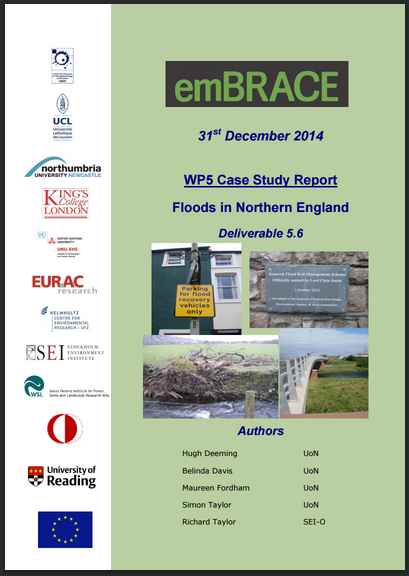UoN

Northumbria University creates and applies knowledge to transform lives and makes a powerful cultural and economic impact.
We constantly search for new ways to challenge, innovate and improve and have a thriving research community. The result is a growing reputation for academic excellence and increasing success in the national league tables, staff and student awards, professional accreditations and research funding bids.
Our work in Communities & Resilience
Academics in this area undertake research around fundamental questions in the human environment. Research covers communities, emotions multiculturalism, community cohesion, identity and public engagement, the built, natural and social environments, industrial relations and the labour market, as well as world systems analysis and cities research, channelled through the leading academic think-tank Globalisation and World Cites (GaWC).
Research includes work on sustainability, resilience, vulnerability, energy and health, embedding disaster preparedness, resilience and risk reduction in vulnerable communities, and humanitarian aid and mental health interventions in conflict affected communities. The group has contributed to numerous key policy documents including placing disaster risk reduction within output from the Intergovernmental Panel on Climate Change (IPCC).
This research area encompasses the internationally renowned Disaster and Development Network (DDN) and the Gender and Disaster Network (GDN). DNN aims to develop, through research, teaching and learning, the knowledge and skills to address hazards, disasters and complex emergencies. GDN is an online education and advocacy project for gender mainstreaming in disaster risk reduction. Work has included activities across over 25 countries for multiple national and international organisations since 2000.
